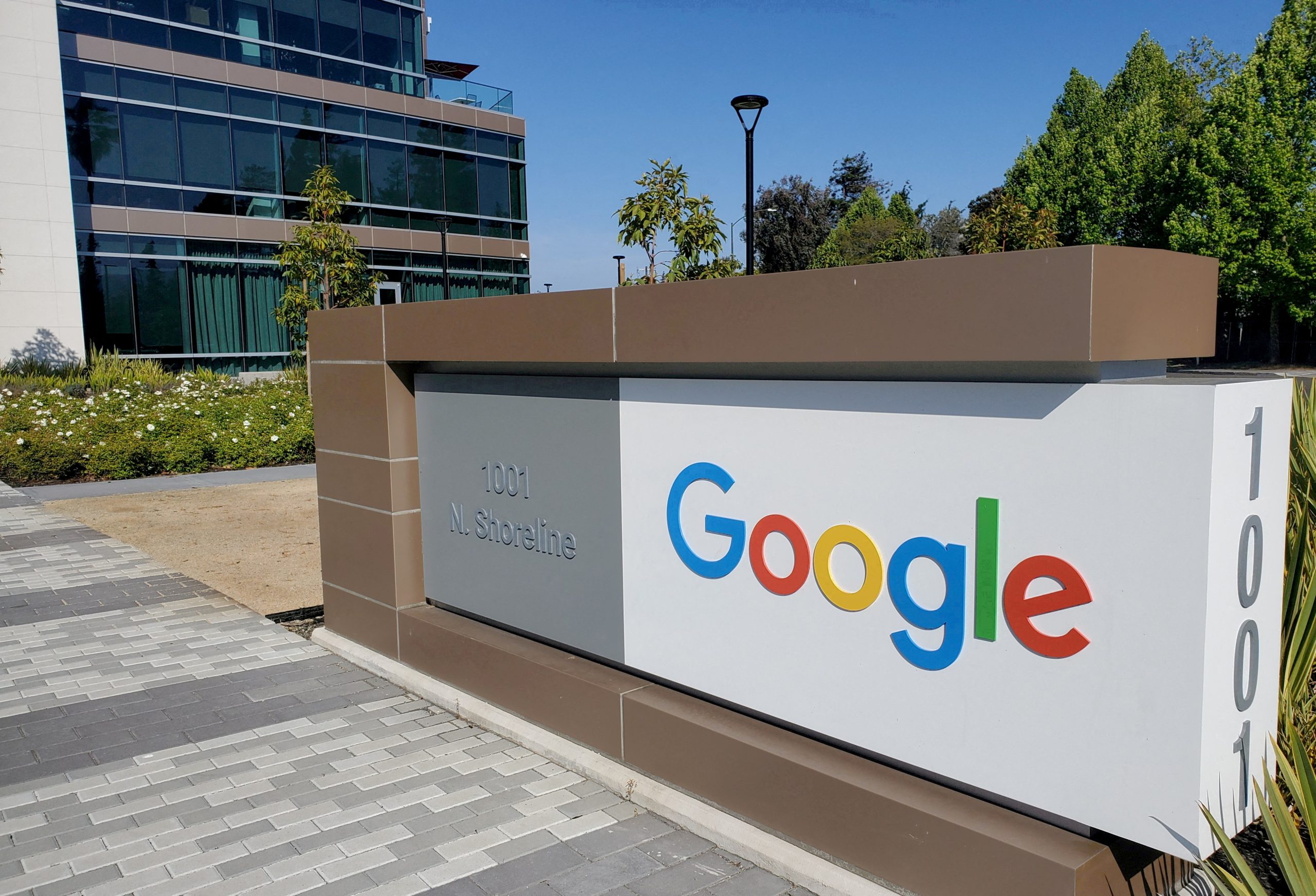
Lauren Moye, FISM NEWS
[elfsight_social_share_buttons id=”1″]
Four researchers from North Carolina State University’s Department of Computer Science discovered political bias in how three major email servers treated campaign messages during the 2020 election season. Spam filtering algorithms (SFAs) are meant to filter out unwanted emails, but the researchers noted that an error in the algorithm can have “unignorable” effects on election outcomes.
“We observed that the SFAs of the email services indeed exhibit political biases: they treat the left and the right campaign emails differently. Gmail leans towards the left as it marks a higher percentage of the right emails as spam. Outlook and Yahoo, on the other hand, lean towards the right,” said the researchers.
The authors studied the potential political bias of Gmail, Outlook, and Yahoo by creating over 100 email addresses with different demographics attached. They then subscribed to over 200 various election campaigns for presidential, Senate, and House candidates during the 2020 election.
Their data showed that Outlook tends to mark all campaign emails as spam, with 95.8% of Democrat campaigns being placed in the spam folder compared to 75.4% of those coming from Republicans. Yahoo, meanwhile, marked 14.2% more emails from the left than they did from the right. In contrast, Google marked an average of 67.6% of emails from the right as spam and only 8.2% of campaign messages from the left.
Even more concerning, the researchers found that Gmail increasingly marked right campaign emails as spam as the election date came closer. The researchers noted, “For the right spam, we also observe that the spam percentage increased with an increase in the number of right campaign emails,” but they did not find the same to hold true for emails received from Democrat candidates.
“While we have no reason to believe that there were deliberate attempts from these email services to create these biases to influence the voters, the fact remains there that their SFAs have learnt to mark more emails from one political affiliation as spam compared to the other,” the researchers wrote in their paper, before urging Gmail, Yahoo, and Outlook to work on solutions to the problem.
A Google spokesperson unilaterally rejected the study’s findings in a statement made to Fox News Digital, “Political affiliation has absolutely no bearing on mail classifications in Gmail and we’ve debunked this suggestion, which has surfaced periodically from across the political spectrum, for many years. Mail classifications in Gmail automatically adjust to match Gmail users’ preferences and actions.”
To determine if user interaction impacted the SFAs, the researchers designated some email addresses from which to read all emails. Their data shows only “marginal” changes to the spam-rate marking of all three email servers based on this interaction. They noted the “spam percentages across all three services were minimal.”
Moving messages from the inbox to spam or spam to the inbox did impact, particularly with Gmail. While this helped improve Google’s SFA political bias, Yahoo and Outlook counterintuitively increased their right-leaning bias based on these interactions. Additionally, they found that recipient demographics resulted in no bias change.
“Arguably, there is also this possibility that the SFAs of email services learnt from the choices of some voters marking certain campaign emails as spam and started marking those/similar campaign emails as spam for other voters,” the researchers state in their concluding discussion.
They added that the potential influence of the SFA biases has an “unignorable” impact on elections when individuals do not receive the relevant information to make a voting decision. This is particularly important for undecided voters.
